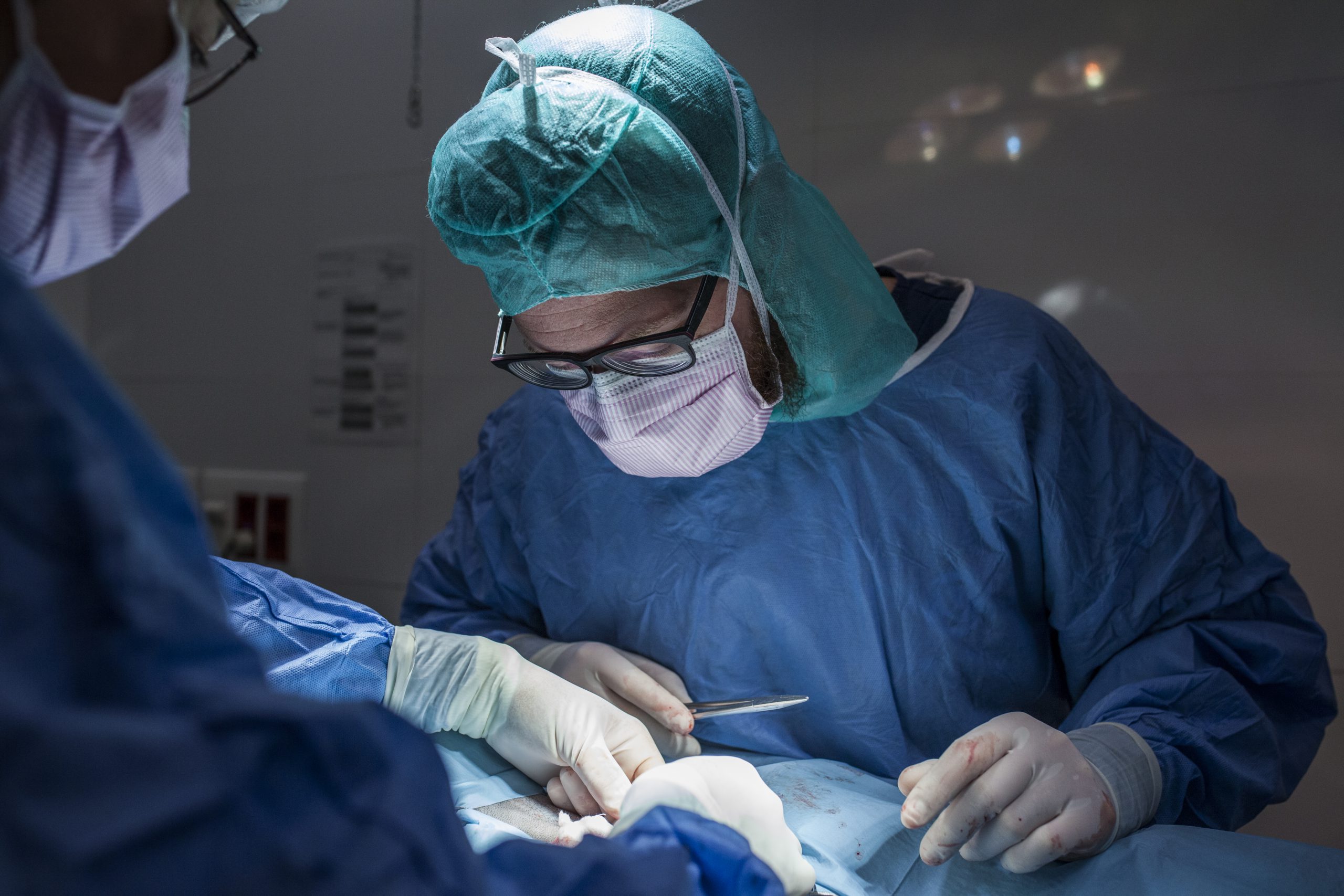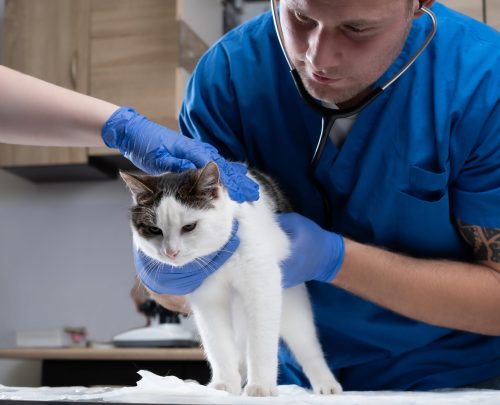

Pets Surgery
Most pet surgeries are performed under general anesthesia, which means that the animal is asleep and feels no pain during the procedure. Before surgery, the animal is typically given a thorough medical examination and blood work to ensure that they are healthy enough for anesthesia. During surgery, the animal’s vital signs are closely monitored by a trained veterinary team.
Recovery from pet surgery can vary depending on the type of surgery and the individual animal’s health. Most animals will require pain management and may need to be restricted from strenuous activity for a period of time. Owners will need to closely follow any post-operative instructions and schedule follow-up appointments with their veterinarian to monitor their pet’s progress.

What should you do before deciding to have surgery for your pet.
- Consult with a trusted veterinarian, Before making any decisions about surgery for your pet.
- Consider the risks and benefits, When deciding whether to proceed with surgery for your pet.
- Prepare for post-operative care, After surgery, your pet may require special care and attention while they recover.
Safety Standards are Included
At PetRight, we know that safety is a top priority when it comes to your beloved pets. That’s why we ensure that strict safety standards are always upheld during all pet surgeries. Our highly trained and experienced staff follows protocols that include pre-surgical evaluations, the use of sterile equipment, and advanced monitoring technology to ensure the safest possible outcome for your pet. You can trust that your pet will receive the best possible care at our clinic.
Make an Appointment

We’ll Take Care
of your Pet's life
Because your Pet’s life is also important to us, we will answer some common questions, kindly contact us at any time if you have any questions about your pet.
Before scheduling a pet for surgery, it is important to consider their overall health status and any underlying medical conditions they may have. A thorough physical exam and pre-surgical testing, such as blood work and imaging, can help determine whether the pet is a good candidate for surgery and identify any potential risks or complications.
Yes, pets are typically required to fast for a certain amount of time before surgery (usually 12 hours for food and 4 hours for water) to reduce the risk of vomiting or regurgitation during the procedure. However, it is important to follow your veterinarian's specific instructions regarding fasting and medication administration prior to surgery.
There are several types of anesthesia that can be used for pet surgeries, including injectable, inhaled, and local. The type of anesthesia used will depend on the pet's age, health status, and the extent of the surgery. Your veterinarian will discuss the anesthesia options and risks with you prior to surgery.
After surgery, it is important to provide a quiet, comfortable space for your pet to rest and recover. Follow your veterinarian's post-surgical instructions regarding wound care, medication administration, and activity level. Encourage your pet to eat and drink, but do not force them if they are not interested. Monitor your pet for any signs of pain, discomfort, or complications and contact your veterinarian if you have any concerns.


